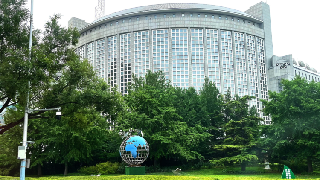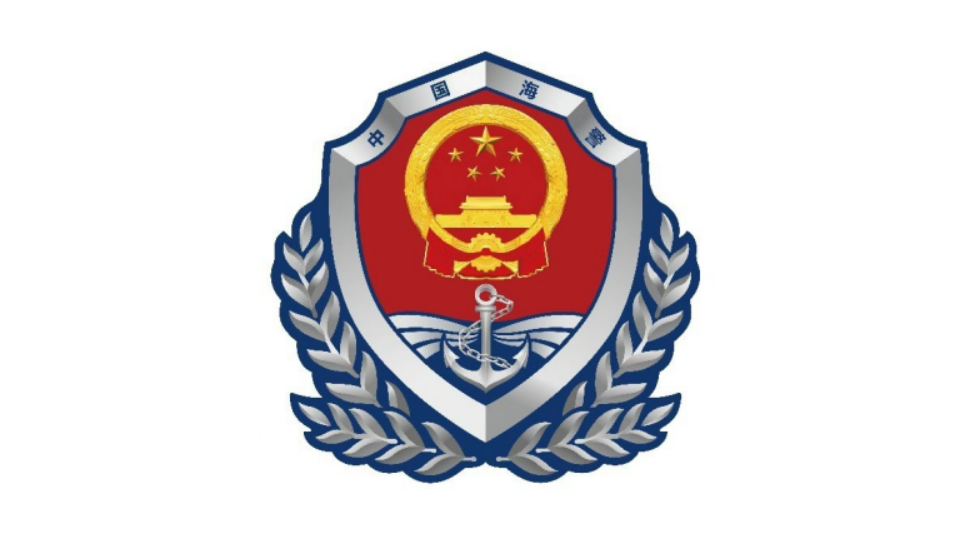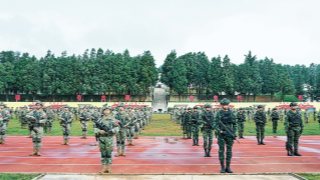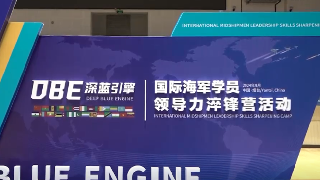By Wei Jinshen and Ma Yihui
As the Ukraine crisis lingers on, Switzerland will host a two-day Summit on Peace in Ukraine from June 15 to 16, and China's decision to not attend the summit has drawn close attention in the international community. Chinese Foreign Ministry spokesperson Mao Ning said at a regular press conference that China has attached great importance to the Summit organized by Switzerland and its position is open, transparent, fair and just.
China has repeatedly stressed that the international peace summit needs to meet three important elements, namely, recognition from both Russia and Ukraine, equal participation of all parties, and fair discussion of all peace plans. If not, the summit can hardly play a substantial role in resuming peace.
Since the Ukraine crisis broke out, the Chinese government has maintained its objective and just position and actively mediated for peace talks, never pouring fuel on the fire or fishing in troubled waters. One year through the crisis, it issued China's Position on the Political Settlement of the Ukraine Crisis, which put forth 12 suggestions including "respecting the sovereignty of all countries" and "abandoning the Cold War mentality", offering a comprehensive and feasible plan for resolving the crisis.
To push a peaceful settlement of the Ukraine crisis, China has sent special representatives to mediate for a solution through diplomatic and political means. In May 2023, Special Representative of the Chinese Government on Eurasian Affairs Li Hui visited Russia, Ukraine and other countries, exchanging views with each of them about settling the issue in political ways. In March 2024, the Chinese government sent its special representative on a second round of diplomatic talks for the same purpose. China has never stopped its efforts to promote peace talks.
After the crisis broke out, the international community has generally hoped that Russia and Ukraine, the two countries directly concerned, can end the conflict through peace negotiations. However, conditions for a face-to-face peace session between the two parties are not available yet given their huge, unbridgeable divergences on fundamental principles. In addition, certain country, which has been acting as the "black hand behind the scenes", is a major obstacle on the way to Russia-Ukraine peace talks for it has kept adding fuel to aggravate the conflict.
China's position on the international peace summit has always been open, transparent, fair and just. It has been in close communication with Switzerland and Ukraine during the preparations for the summit. However, it must be pointed out that the absence of the two directly concerned parties means that at least one of the three elements – recognition from both Russia and Ukraine – cannot be met, not to mention the summit's wide deviation from the international community's expectations.
Recently, China and Brazil jointly issued a six-point consensus on their common understanding of the political settlement of the Ukraine crisis, calling on all relevant parties to observe three principles for de-escalating the situation – no expansion of the battlefield, no escalation of fighting and no provocation by any party. They urged relevant parties to stick to dialogue and negotiation, increase humanitarian assistance, oppose the use of nuclear weapons and attacks on nuclear power plants, and protect the stability of global industrial and supply chains.
The "six-point consensus" represents the international community's objective and rational thinking on the Ukraine crisis and holds constructive and positive significance for its political settlement. It received positive responses from various countries soon after its launch, indicating that only an objective and just approach can gain extensive recognition and truly help achieve a political solution to the crisis. The more countries support the six-point consensus, the sooner a real peace summit can be expected, and the greater prospects there will be for achieving peace. China welcomes more countries to endorse and join the consensus and work together for the early arrival of peace.
(The authors are from the School of Politics and International Relations, Lanzhou University.)
Editor's note: Originally published on china.com, this article is translated from Chinese into English and edited by the China Military Online. The information and opinions in this article do not necessarily reflect the views of eng.chinamil.com.cn.









